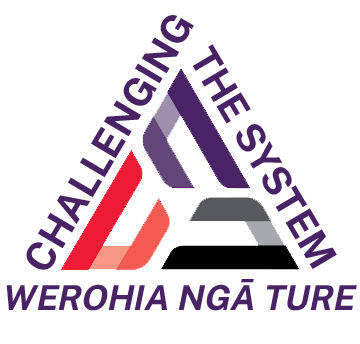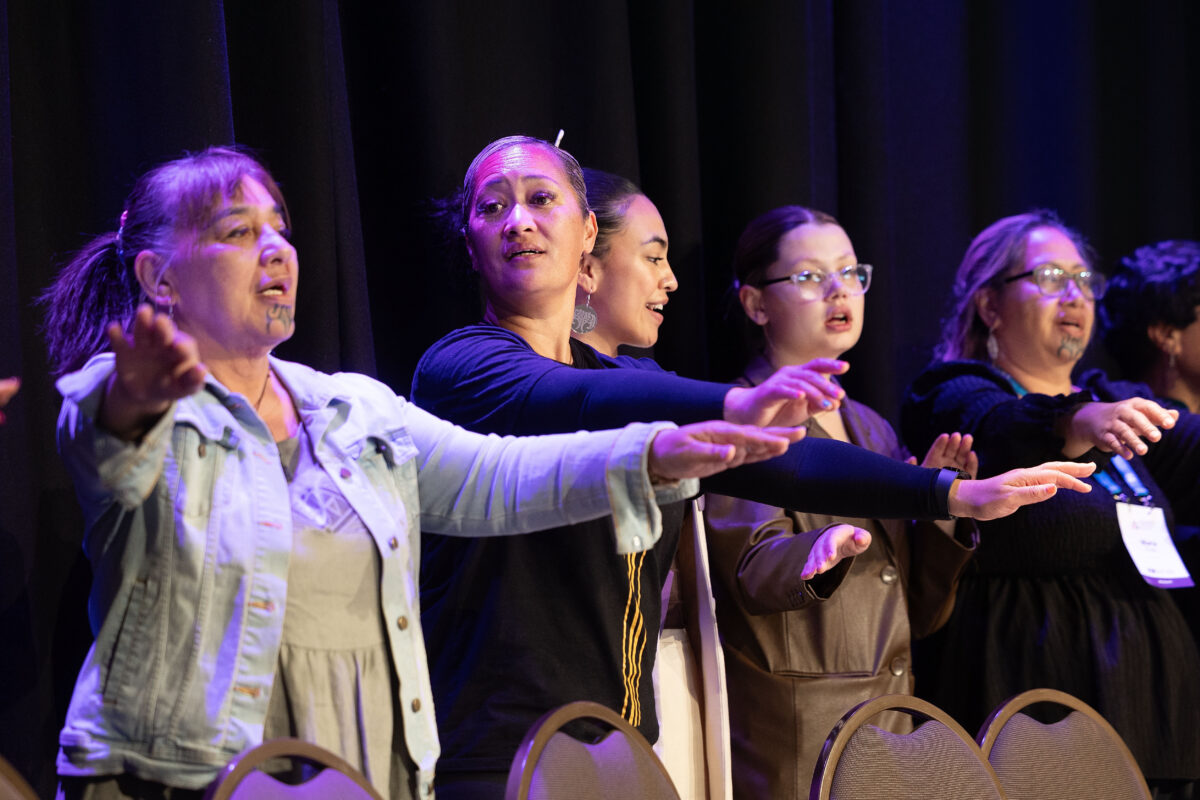When Rangi Blackmoore first started working as a nurse, she was “excited . . . ready to learn and serve. “I was just as quickly exposed to a system that was not quite built for me as Māori.”
But, while te Tiriti and cultural safety had been studied during her degree, she found it absent in her new hospital workplace.
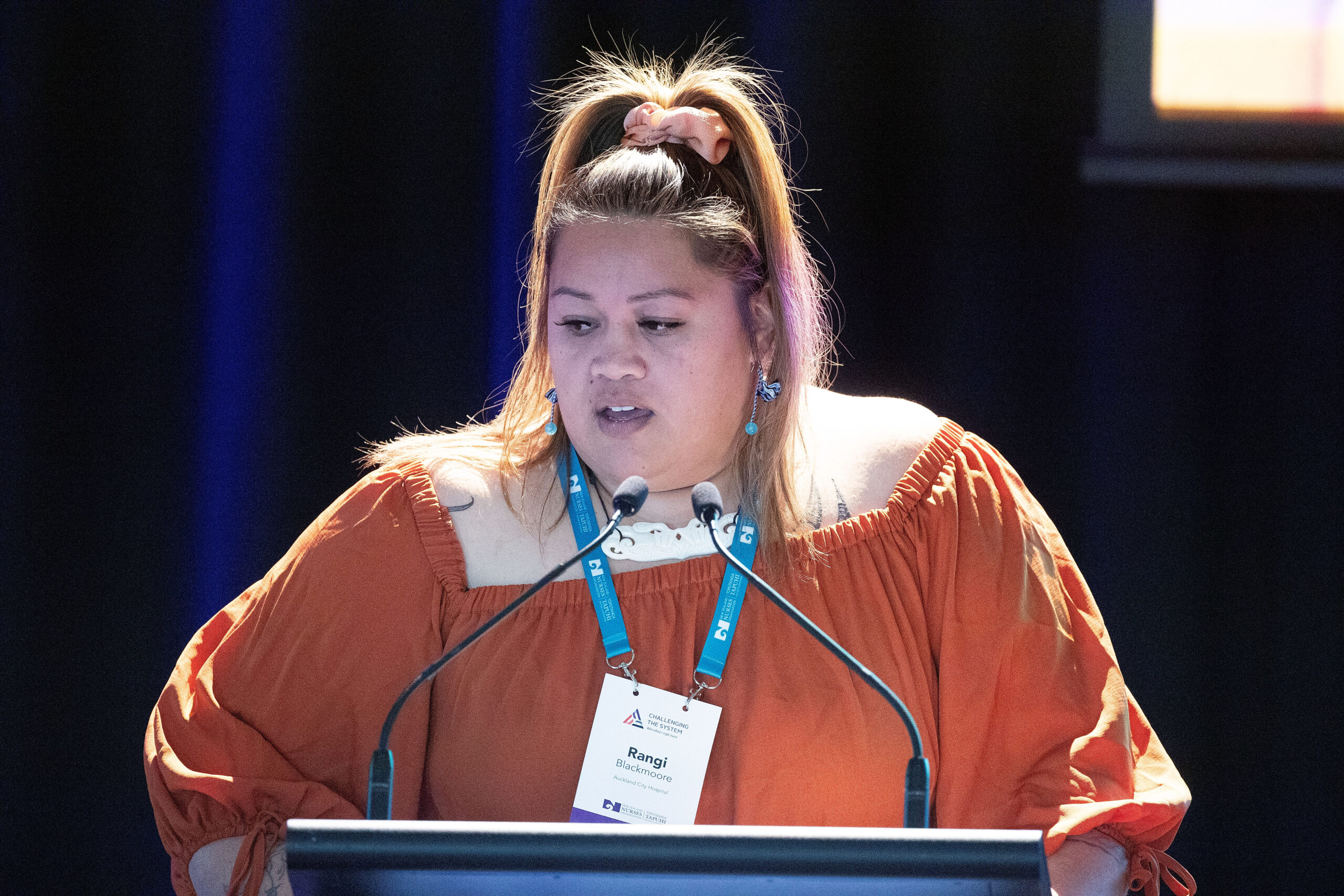
‘If system is not yet ready for me, how is this system ready for all Māori?’
“The practice did not reflect what I was taught. Everything was a tick box in my eyes. I found myself drowning.”
Often, she was the only Māori nurse on the ward. Colleagues couldn’t pronounce her name — “after a while I gave up and said ‘just call me Tiger’.”
“Being the only Māori on the floor, I felt outnumbered, misunderstood. When it came to me advocating for Māori patients, as strong as my beliefs were, I quickly became tired and blended into the walls of the department,” she said.
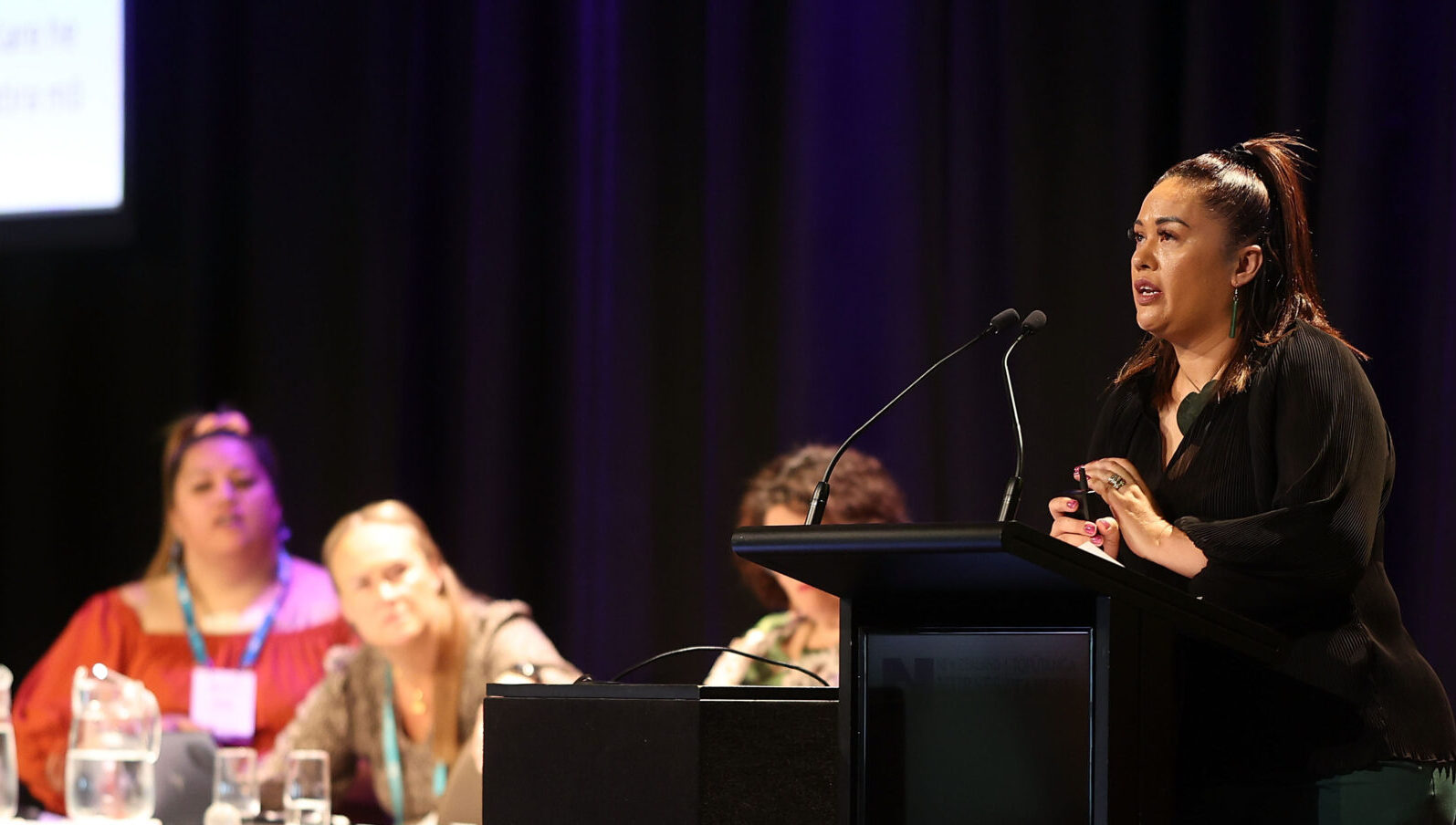
“I was new. I sacrificed my own beliefs to observe what I needed to change. I constantly questioned myself. If the system is not yet ready for me, how is this system ready for all Māori?”
Later, in a perioperative environment, Blackmoore observed countless breaches of tikanga, including being challenged over responding to a patient’s request for karakia.
‘If I can’t change the system from the floor, I’ll move up slowly but surely and change from the board room.’
Seven years on, working with only Māori patients as a kaiārahi nāhi/clinical nurse specialist (CNS), Blackmoore says being “unapologetically Māori” is her superpower.
“I walk alongside my Māori whānau and ensure the services are held accountable . . . actively delivering te Tiriti o Waitangi.”
Before, as a nurse on the floor, Blackmoore said she had been “unheard . . . an annoyance . . . silenced.”
Now, as a CNS, she is able to raise issues with senior management. “I contribute to ensuring the whānau voice is heard.”
“If I can’t change the system from the floor, I’ll move up slowly but surely and change from the board room. Because I am Māori and Māori is me.”
‘Stand beside us’
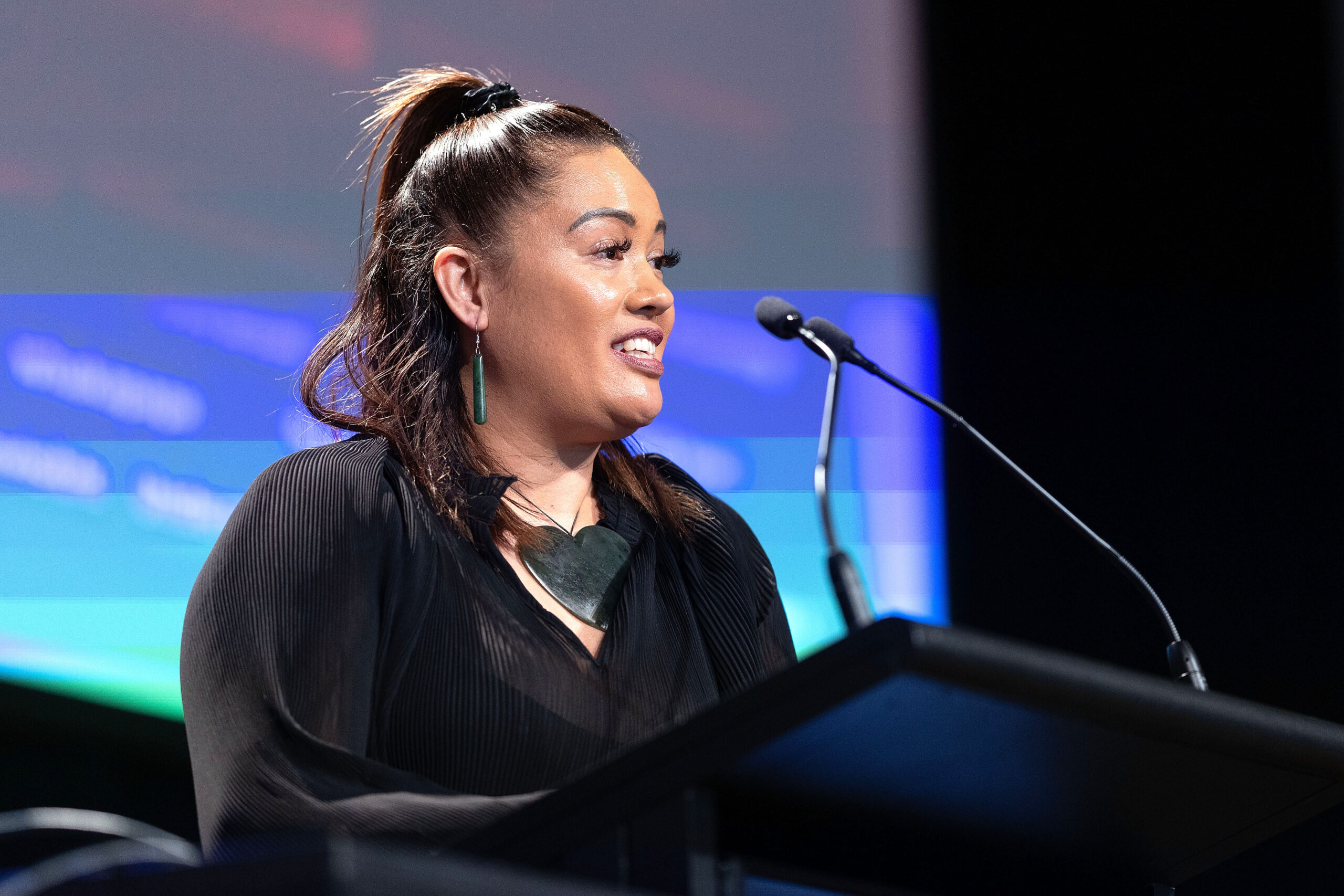
Whakatāne paediatric nurse Tracy Black asked non-Māori to “stop judging . . . What we ask is for you to stand beside us so we can fight for our people”.
“I am the dream, I am the hope – and we are all the aspirations for our people moving forward. I stand, we stand. I rise, we rise.”
‘Baked in’ cultural safety
Te Whatu Ora regional clinical lead Bonnie Matehaere spoke of the need for true partnership and “baking in” of te Tiriti to nursing practice and the health system.
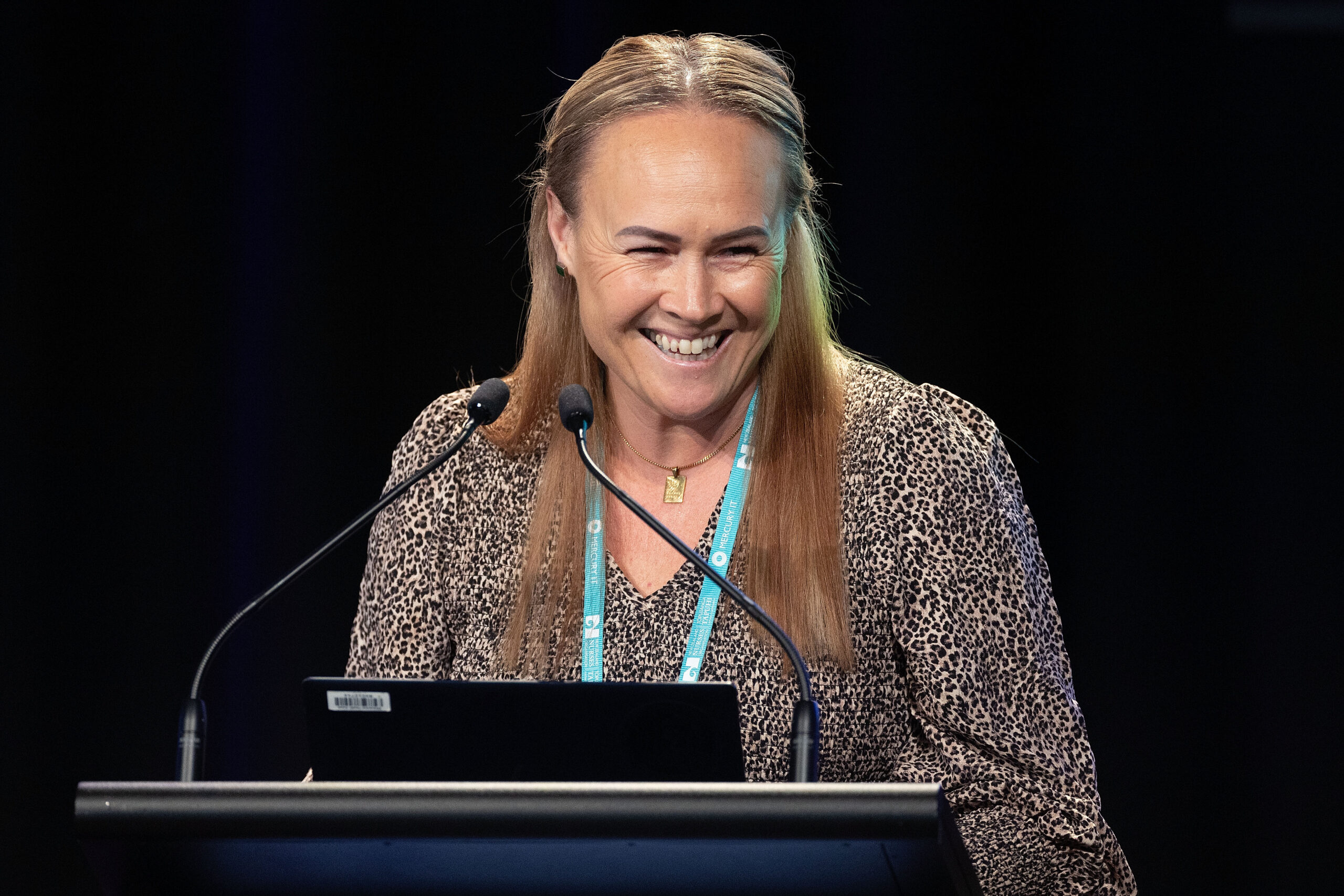
“We’re going to bake it in now — we’re no longer going to settle for just the butter on top.”
Indigenous rights lawyer Annette Sykes, who worked with Te Rūnanga members giving evidence at the Waitangi Tribunal 2575 inquiry into health care inequities, ran through te Tiriti o Waitangi articles and preamble.
“As long as socio-economic disparities remain for Māori, we have not fulfilled te Tiriti obligations.”
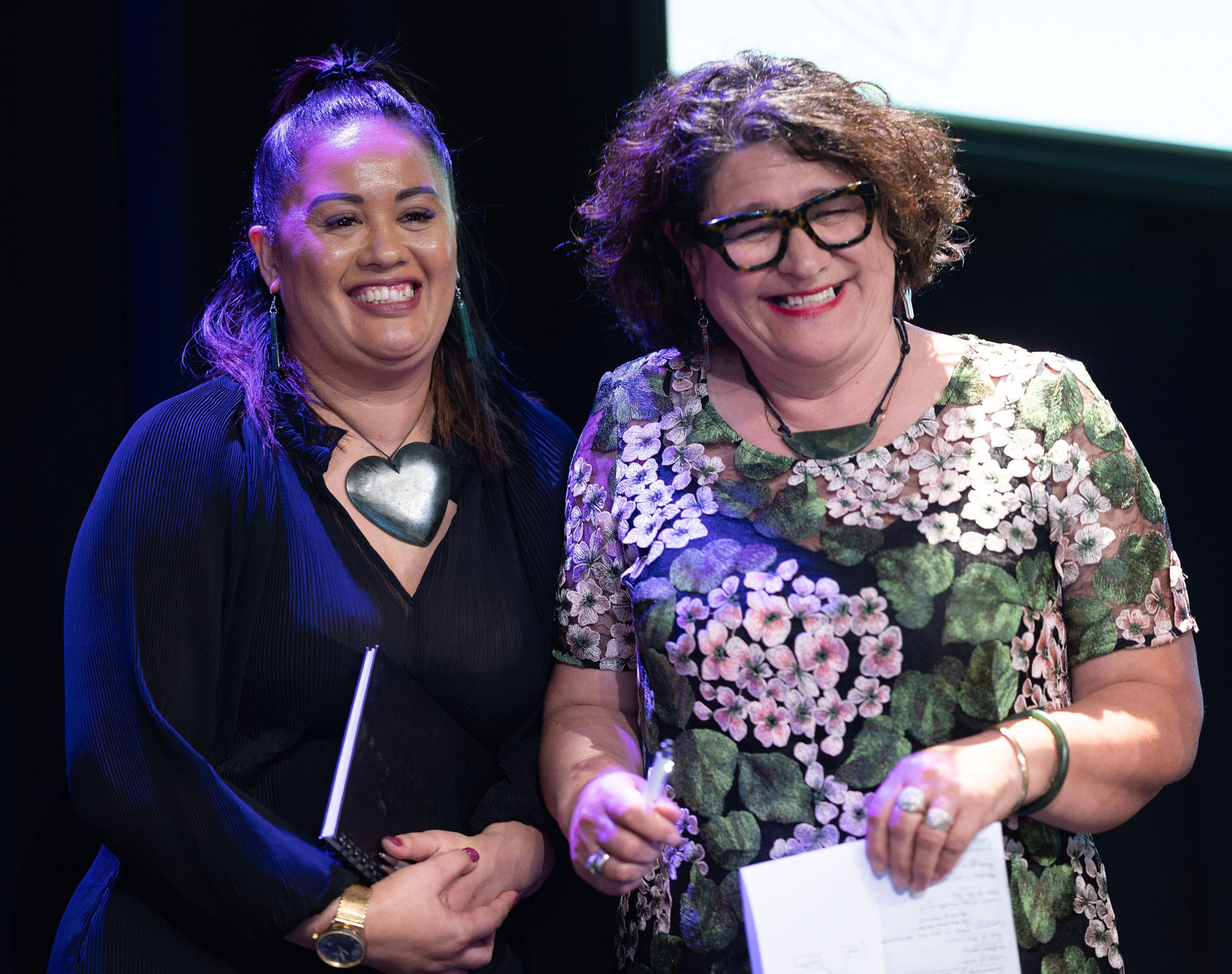
See also Rangi Blackmoore’s article: A safe environment for Māori patients begins with a safe environment for Māori nurses.


